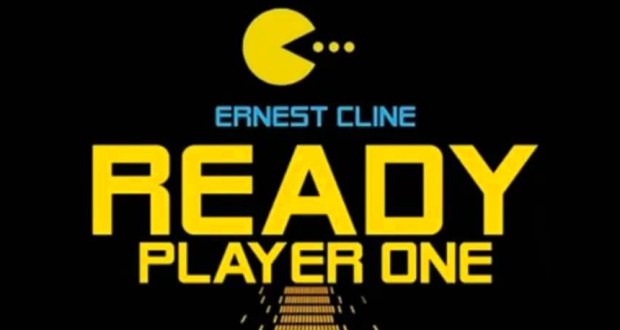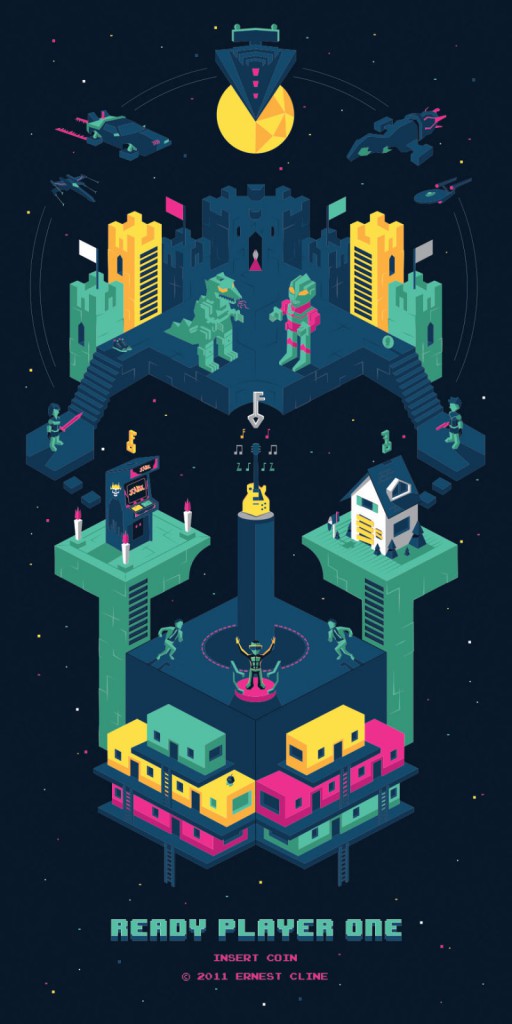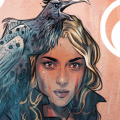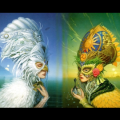This novel, Ernest Cline’s bestselling debut, is a strange one. Obviously pitched at fellow geeks, the narrative makes reference to every imaginable cult property – video games, films, music, comics, books, and celebrities. While, for the most part, the book lives up to its geek-tastic promise, it also feels bizarrely patronizing at times. First it appeals to the audience who are already familiar with these pop culture icons and then it feels the need to explain all the references, particularly an issue when it comes to describing the game play. Too often it felt more like pandering to a target market, being too blindly positive about geek culture while talking down to those of us who would really appreciate the nods to all those things we love.
Ready Player One has been optioned for film by Stephen Spielberg, although production has recently been pushed back. It was a massive bestseller and made debut writer Ernest Cline a household name. You may call me a snob or a harsh critic, but I don’t think the popularity was entirely earned. The prose is repetitive, unimaginative, and basic, while the tedious over-explanations of basic video game concepts (in a book FOR gamers!) was as irritating as it was unnecessary. Like many novels that find widespread success, I fear that Ready Player One suffered from below average writing and OTT pandering to its audience. The narrative is fun, well paced, and addictive, but without the support from a decent wordsmith, it ultimately fails to be anything more than a good airplane read.
Being human totally sucks most of the time. Video games are the only things that make life bearable.
The premise of the novel, one of its biggest strengths, is fairly simple. The world has turned to shit; the poor are very poor and the rich are very rich (not hard to imagine, eh?!). Most people spend their lives plugged into a virtual world, the OASIS, to escape the awful real world. When the OASIS’ creator James Halliday dies, he sets up a virtual contest to win control of the OASIS as well as inheriting his entire fortune. Let the games begin!
Wade Watts, known online by his avatar Parzival, is your average lower class high school kid, trying to escape his everyday realities. He thinks of his life within the OASIS as his real life, even attending school there. Wade is also a ‘gunter’, one of the many people within the OASIS who dedicate their time to cracking Halliday’s puzzles and winning the game. But the competition is fierce, especially from an evil corporation who will stop at nothing to get their hands on the biggest moneymaking venture to have ever existed.
Virtual sex, no matter how realistic, was really nothing but glorified, computer-assisted masturbation.
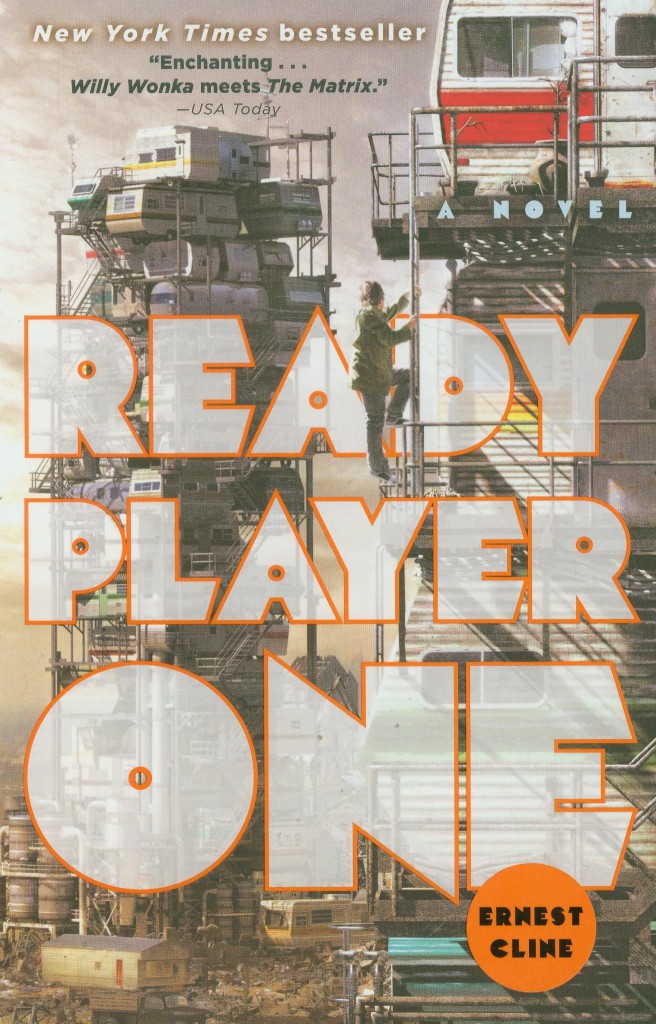 In many ways, the OASIS has the potential to become an Experience Machine as posited by philosopher Robert Nozick back in 1974. In the OASIS, avatars have the potential to experience only good things – and anything they want (they can fly, be king of their own world, whatever they can imagine). And of course people will plug into this world. The OASIS does have the potential for ‘bad’ as well, though, but it all depends on how you interact with the virtual world. You might want to build up your avatar by fighting creatures or other avatars, or you might go about your life in non-PVP worlds so that it is never possible for you to be harmed. The choice is yours.
In many ways, the OASIS has the potential to become an Experience Machine as posited by philosopher Robert Nozick back in 1974. In the OASIS, avatars have the potential to experience only good things – and anything they want (they can fly, be king of their own world, whatever they can imagine). And of course people will plug into this world. The OASIS does have the potential for ‘bad’ as well, though, but it all depends on how you interact with the virtual world. You might want to build up your avatar by fighting creatures or other avatars, or you might go about your life in non-PVP worlds so that it is never possible for you to be harmed. The choice is yours.
The world is really an oasis, something highlighted by Wade’s experience in virtual high school:
‘The ability to mute my peers was one of my favourite things about attending school online, and I took advantage of it almost daily. The best thing about it was that they could see that you’d muted them, and they couldn’t do a damn thing about it.’
I mean, who wouldn’t want their high school life to be more like that? You have a problem with bullies? Just mute the bastards!
The Firefly universe was anchored in a sector adjacent to the Star Wars galaxy, with a detailed re-creation of the Star Trek universe in the sector adjacent to that.
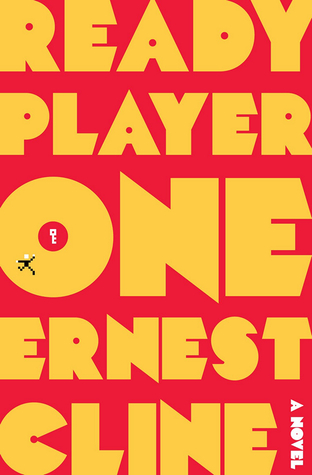 The pandering in this novel is never ending. Sure, it is meant to be reverential, paying homage to everything modern geek culture is built on. And sure, I suppose it is. But really, there comes a point when it’s just too much. Geeks love Wil Wheaton! Let’s put him in there! They love talking about the history of video games consoles… let’s feature all the classics! Not to say that I’m above such lowbrow techniques of winning over an audience. When Cline brought out his tongue in cheek ripping of Christianity, I have to admit that I loved it:
The pandering in this novel is never ending. Sure, it is meant to be reverential, paying homage to everything modern geek culture is built on. And sure, I suppose it is. But really, there comes a point when it’s just too much. Geeks love Wil Wheaton! Let’s put him in there! They love talking about the history of video games consoles… let’s feature all the classics! Not to say that I’m above such lowbrow techniques of winning over an audience. When Cline brought out his tongue in cheek ripping of Christianity, I have to admit that I loved it:
‘That story you heard? About how we were all created by a super-powerful dude named God who lives up in the sky? Total bullshit. The whole God thing is actually an ancient fairy tale that people have been telling one another for thousands of years. We made it all up. Like Santa Claus and the Easter Bunny.’
If the pandering weren’t enough, Cline hedges his bets. Not wanting to close off any potential audience for his novel, he writes for geeks and non-geeks alike. The impact of this is that the novel is too low-level and patronizing for obsessive geeks like me but still too heavy on the pop culture references for someone with a passing interest. Anyone who has played any kind of MMO, first-person shooter, or let’s face it, any video game that wasn’t an RTS or basic platform game, knows how you build up your avatar within a game. And yet, he feels the need to explain it to us in detail:
‘Completing quests, fighting NPCs, and gathering treasure were the only ways a low-level avatar like mine could earn experience points (XPs). Earning XPs was how you increased your avatar’s power level, strength, and abilities.’
No giant two-headed hermaphrodite demon unicorn avatars were allowed. Not on school grounds, anyway.
Despite all the problems Ready Player One suffers from, there’s no denying it’s an easy – and generally fun – read. The prose is never taxing, so readers will fly through it. Where the narrative lags a bit over unnecessarily pedantic exposition, it makes up for by being so easy to plough through like Speedy Gonzales. The characters are relatable and given fairly well-rounded characterization for a novel set in a virtual world and written in third person limited (on Wade/Parzival). But overall, Ready Player One is not a novel for anyone looking for a substantive or well-written read. It’s a bit of fun and easily forgettable. In ten years time, you’ll be saying ‘Ready Player what? Nah, don’t remember that one.’
Verdict: The definition of fun but dumb. Quick, easy read with some enjoyable story elements but not for anyone on the lookout for well-written prose.
 Pop Verse Pop Culture Universe
Pop Verse Pop Culture Universe
